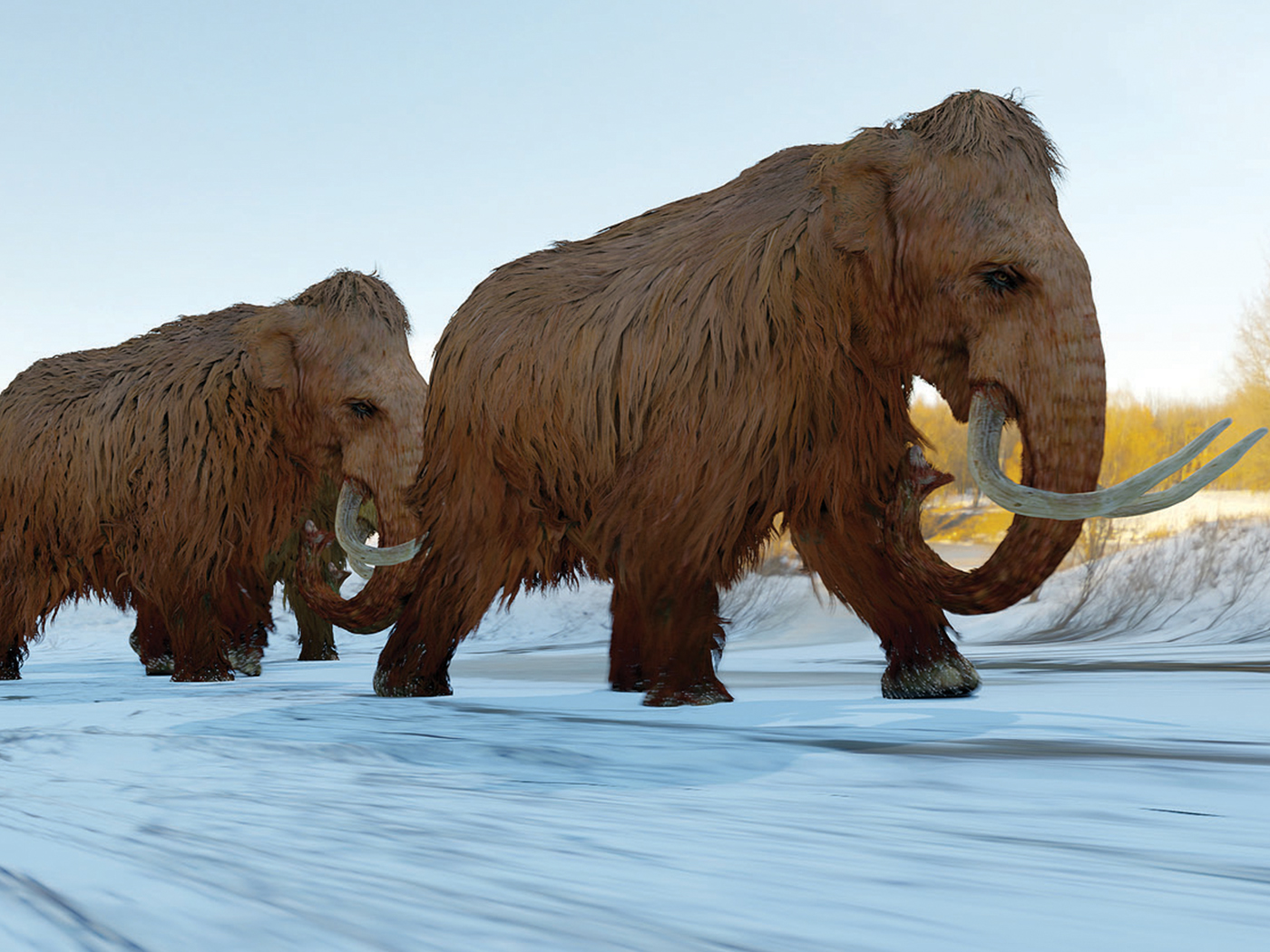In case you haven’t noticed, evolution has its own special language. Science properly uses specific words, often from Latin, to clarify information to those who know the "language," but evolution’s words often confuse, clouding the true meaning. One such term is "natural selection." Let’s break this down, carefully examining each word, and maybe we can then discern if it clearly portrays truth.
The word "selection" is an action word, implying that someone or something is selecting from available options. These variants from which it chooses are thought to be provided by random mutations, genetic recombinations, or even non-random mutations. In evolutionary thinking, there is no overriding mind or thoughtful selector, and there certainly is no designer who can make intelligent choices. So, the selection must be made in a mindless, thoughtless fashion, with no end goal in sight. True natural selection can be only unthinking, unable to plan for the future or produce specific choices on purpose. It is impotent to influence the raw material and facilitate its (non-existent) choices.
So how is this selection made? Evolution relies on the overall fitness of an organism to dictate which variant is selected, and which one enhances reproduction over the others. Survival and reproduction…that’s all that matters to evolution. Totally free choice, but completely blind. This completely blind choosing is sometimes compared to that of a "blind watchmaker," somehow able to produce the amazing complexity in living things we see all around us (or, remarkably, in intricate watches). To an evolutionist, the seemingly thoughtful design is only apparent, not real.
And make no mistake, the design in nature is quite apparent. Everyone sees it and acknowledges it, even naturalistic evolutionists, who attribute the design to natural selection. Those in the Intelligent Design movement ascribe it to an unknown designer, either personal or impersonal. Creationists lay the marvelous design at the feet of the omniscient, omnipotent Creator God of the Bible. The design can’t be mistaken. It’s only a matter of which "story" you tell of the unseen past. The difference in the acknowledged source that operated in the unobserved, long-ago past is ultimately a matter of "religious" choice.
When considering the term "natural selection," you should underline the word "natural." Naturalism holds that all design and evolutionary progress are due to random natural processes only, operating solely by natural law. In this thinking, there is no supernatural, no guiding force. If you choose, for religious reasons, the "religion" of naturalism, the choice of natural selection is necessary. But if your faith position allows belief in a supernatural God, there is no reason to choose evolution.
Creationists do not shun the use of natural law. In fact, except on the occasions specifically mentioned in Scripture, they rely on no process except natural ones to account for the operation of the universe. But the origin of all things, before our familiar natural laws were put in place, was evidently by processes that are not now acting. For instance, the First Law of science states that the creation or annihilation of matter/energy is impossible, yet here we are. Obviously, the origin of anything cannot have been solely by today’s natural processes. Likewise, the Second Law of science holds that nature cannot self-organize, and yet both life and inanimate matter are highly complex. Therefore, an organizing process different than today’s degenerative processes must have acted.
To choose unguided, unthinking, impotent nature as the organizer and selector remains a choice of faith…but that of an inferior faith, indeed.
* Dr. Morris is President of the Institute for Creation Research.
Cite this article: Morris, J. 2011. The Language of Evolution. Acts & Facts. 40 (7): 16.







